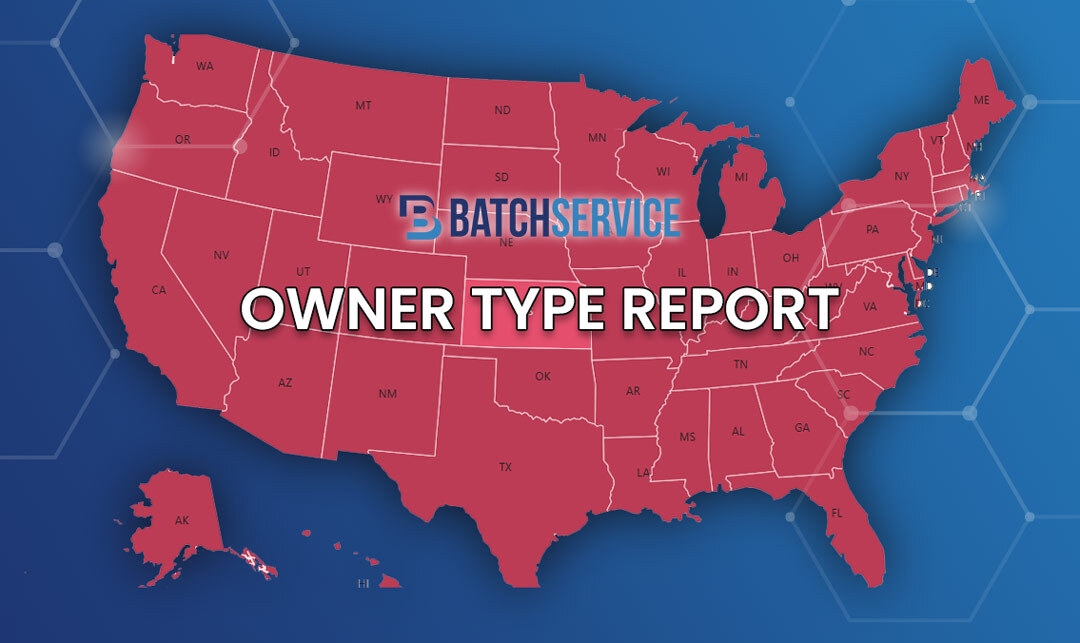Unlock Smarter Property Deals with a Real Estate Investment Analyzer
Investing in real estate can feel like a high-stakes gamble if you don’t have the right data at your fingertips. That’s where a property investment calculator becomes invaluable. It takes the guesswork out of evaluating deals by breaking down complex figures into easy-to-understand metrics. Imagine knowing instantly whether a rental property will drain your wallet or pad it with steady cash flow. For both new investors and seasoned flippers, having a tool to analyze potential returns is a must.
Why Crunching Numbers Matters
When you’re eyeing a new listing, the asking price is just the start. Factor in loan interest, maintenance costs, and taxes, and the picture can change fast. A solid analysis tool helps you weigh monthly rental income against expenses and mortgage payments, revealing the true profitability of a deal. Plus, metrics like ROI and break-even timelines give you a clearer sense of long-term value. Whether you’re building a portfolio or just testing the waters, using a reliable property evaluation resource ensures you’re making informed choices without endless spreadsheets or costly missteps.
FAQs
How accurate are the calculations in this tool?
The Real Estate Investment Analyzer uses standard financial formulas for mortgage amortization, cash flow, and ROI. That said, the results depend entirely on the numbers you provide. Real-world factors like unexpected repairs or market shifts aren’t accounted for, so think of this as a starting point, not a crystal ball. Always consult with a financial advisor for big decisions.
Does this tool save my data or share it?
Nope, we don’t save or store any of the information you enter. This tool is purely for calculations on the fly. Once you refresh the page, your inputs are gone. It’s designed to give you quick insights without any privacy concerns, so feel free to experiment with different scenarios.
What’s the break-even point, and why does it matter?
The break-even point is when your total investment—down payment, loan payments, and expenses—is covered by the income from the property. It’s a key metric because it shows how long you’ll need to hold the property before it starts generating pure profit. Knowing this helps you plan whether a deal fits your timeline and financial goals.



